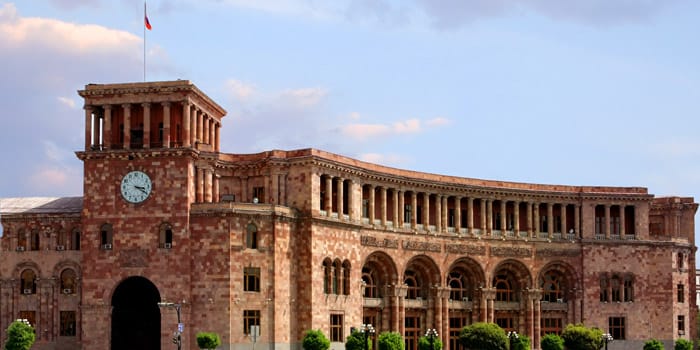Armenia’s 2025 budget proposal includes a 4% cut in public administration spending, aiming to enhance resource efficiency and reallocate funds to critical areas. According to the Minister of Finance, this budgetary reduction is designed to encourage state agencies to prioritize fiscal discipline and operate outside their comfort zones. However, the anticipated cuts and targets for economic growth face several challenges that may limit their impact on emigration.
While public spending cuts are intended to improve efficiency, they could also constrain essential functions within public institutions. Budget reductions may limit resources needed for staff, training, and digital modernization, potentially affecting the quality of public services. Additionally, reduced funding could place undue pressure on public sector employees, lowering productivity and job satisfaction. If these cuts are implemented solely to meet budgetary goals without a service maintenance plan, efficiency may actually decrease rather than improve.
The projected 5.8% economic growth for 2024 and 5.6% for 2025 are optimistic but do not guarantee employment stability or broader economic security. While growth can enhance confidence, it may not be enough to curb emigration if it does not translate into sustainable jobs and improved living standards. An ongoing issue is the contradiction between job creation and reduction; in the second quarter, approximately 15,700 jobs were created, but 16,900 were lost, resulting in a negative job balance. This discrepancy suggests that economic growth alone does not necessarily align with employment stability, indicating the need for policies that encourage job security.
Although the Finance Minister has stated that economic growth and heightened security perceptions could reverse emigration, this perspective may overlook deeper structural issues. Even with economic improvements, emigration remains influenced by living standards, political stability, and access to essential services. Without addressing these core issues, economic growth may have limited impact on reducing emigration. Recent migration data indicate that economic growth alone is insufficient, with over 20,000 people leaving Armenia. This points to the necessity of broader reforms to truly address emigration challenges.
The Minister has noted that quarterly employment indicators may not fully reflect the real picture due to seasonal factors. However, creating stable employment opportunities is essential for Armenia’s long-term economic health. While seasonality does affect employment figures, relying too heavily on this explanation could underestimate existing labor market challenges. Effective policies should address both short-term and long-term employment issues to help curb emigration.
Armenia’s 2025 budget proposal aims to tackle emigration by reducing public spending and promoting economic growth. However, these goals come with significant challenges. Public spending cuts may risk government effectiveness, and economic growth alone, without broader reforms, may not be sufficient to stop emigration. Ensuring job stability and improving living standards are essential for achieving lasting impact.
To enhance efficiency, the government could implement targeted initiatives focused on sustainable job creation, competitive wages, and improved public services. These efforts, combined with policies addressing the root causes of emigration, could provide a more comprehensive approach to long-term stability and growth.

